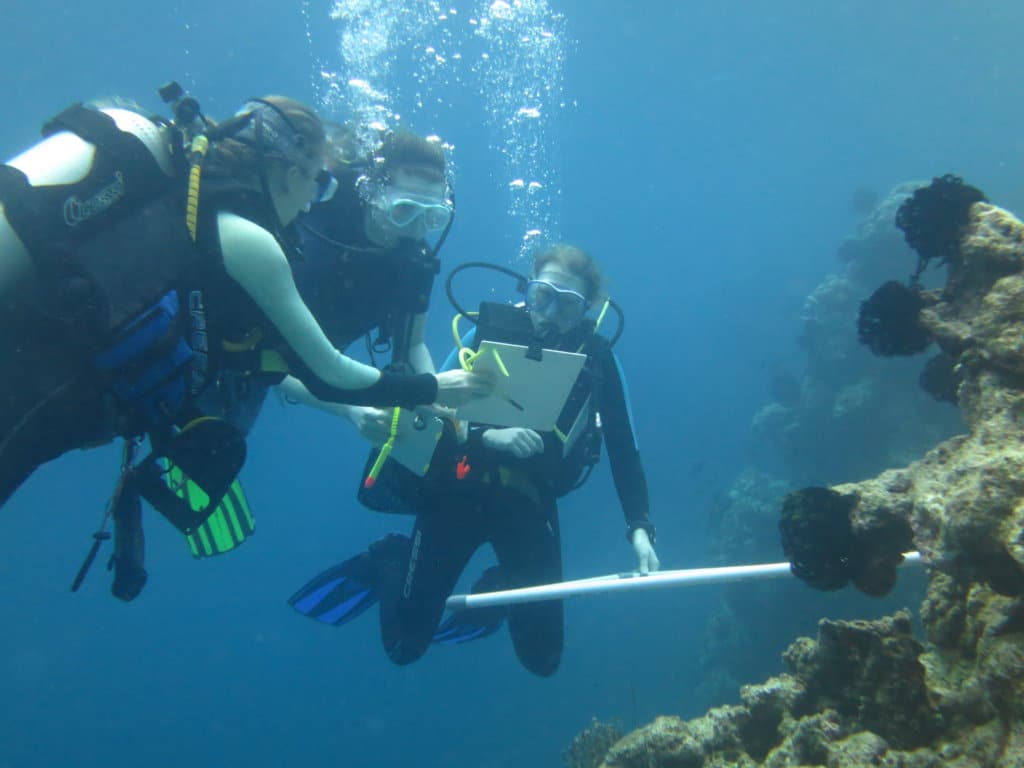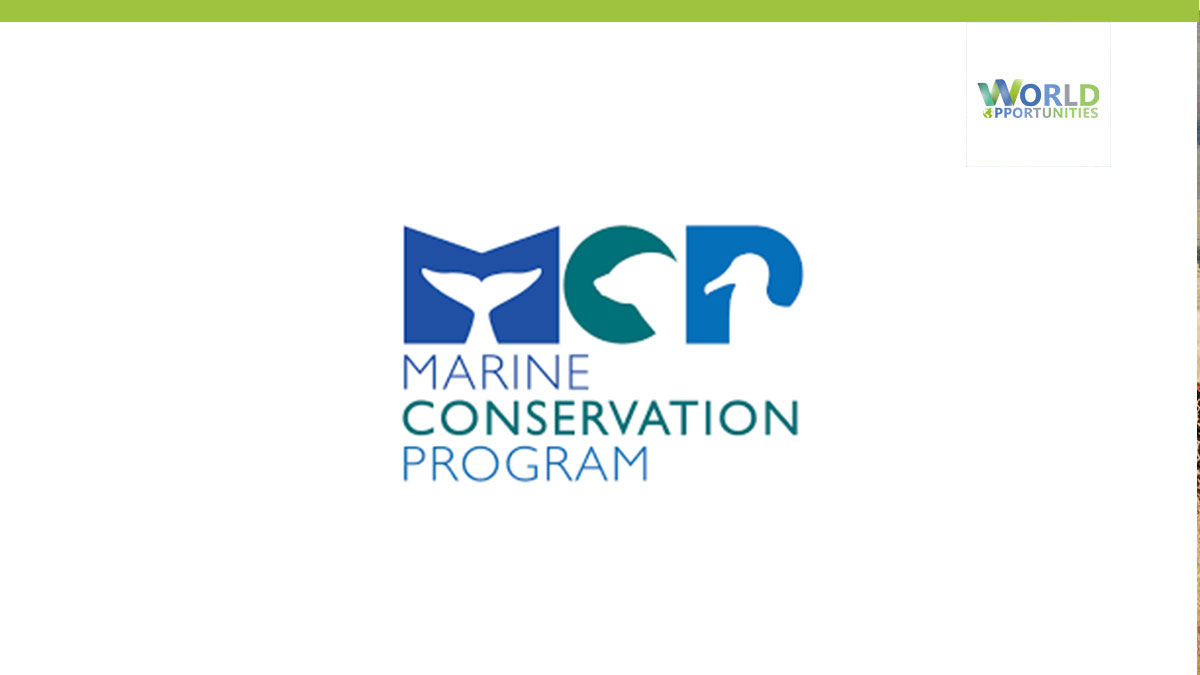

Educational programs play a vital role in raising awareness and understanding of marine ecosystems. By educating students, professionals, and the general public, these programs foster a deeper appreciation of ocean environments and promote sustainable practices. They cover a range of topics from marine biology to conservation efforts and policy.
Many schools and universities offer specialized curricula in marine science that cover topics such as oceanography, marine biology, and environmental science. These programs often include hands-on laboratory work and field trips to enhance learning.

Field-based learning programs allow students to engage in real-world marine research and conservation projects. These programs may involve internships, volunteer opportunities, and partnerships with marine research institutions.

Community workshops are designed to educate the public about marine conservation, pollution prevention, and sustainable practices. These workshops often include interactive activities, presentations, and discussions with experts.

Educational campaigns use various media platforms to spread awareness about marine issues. These campaigns may include social media outreach, public service announcements, and educational materials distributed in schools and communities.

Marine conservation programs focus on protecting marine biodiversity and habitats. They often involve education about endangered species, habitat restoration, and conservation strategies.

Citizen science projects engage the public in data collection and research activities. Participants may help monitor marine species, track pollution levels, or contribute to research databases, thus supporting scientific research and conservation efforts.
